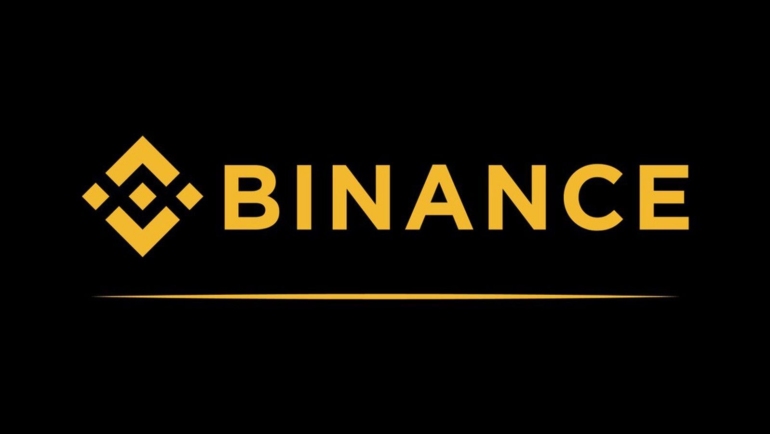
The Evolution of Cryptocurrencies: From Bitcoin to DeFi.
Cryptocurrencies have revolutionized the financial world, ushering in a new era of decentralized digital assets that have the potential to disrupt traditional financial systems. At the forefront of this revolution is Bitcoin, the pioneer of cryptocurrencies, which introduced the concept of blockchain technology and a decentralized peer-to-peer electronic cash system. Since the inception of Bitcoin in 2009, the cryptocurrency landscape has evolved significantly, giving rise to a diverse array of cryptocurrencies, including Ethereum, and innovative decentralized finance (DeFi) platforms. In this article, we’ll delve into the evolution of cryptocurrencies, the rise of DeFi, and the potential impact on the future of finance.
The Genesis of Cryptocurrencies: Bitcoin’s Impact
Bitcoin, created by the pseudonymous figure Satoshi Nakamoto, introduced the concept of a digital currency that operates without the need for a central authority. Bitcoin’s blockchain technology, a decentralized and immutable ledger, allowed for secure and transparent transactions. The concept quickly gained traction, attracting both technology enthusiasts and those seeking an alternative to traditional financial systems.
Bitcoin’s scarcity, with a fixed supply capped at 21 million coins, coupled with its decentralized nature, led to a surge in interest and investment. Bitcoin’s price volatility has captured the attention of investors and speculators alike, making it a popular asset for trading and investment. The rise of Bitcoin also paved the way for the development of other cryptocurrencies, often referred to as altcoins, each with unique features and use cases.
Ethereum and the Advent of Smart Contracts
While Bitcoin laid the foundation for cryptocurrencies, Ethereum expanded the possibilities of blockchain technology by introducing smart contracts. Launched in 2015 by Vitalik Buterin, Ethereum enabled developers to create decentralized applications (DApps) on its platform, revolutionizing the way we interact with digital assets. Smart contracts are self-executing contracts with the terms directly written into code, eliminating the need for intermediaries.
This innovation opened the door to a wide range of use cases beyond simple digital currency transactions. Initial Coin Offerings (ICOs), where new projects raised funds by issuing tokens on the Ethereum platform, became a popular way for startups to access capital. Ethereum’s success also led to the development of alternative smart contract platforms, such as Binance Smart Chain (BSC) and Solana, each offering different features and transaction speeds.
The DeFi Revolution: Democratizing Finance
The evolution of cryptocurrencies didn’t stop at smart contracts. It paved the way for DeFi, a movement that aims to create an open, permissionless, and decentralized financial system accessible to anyone with an internet connection. DeFi platforms offer a wide range of financial services, including lending, borrowing, trading, and yield farming, all without the need for traditional intermediaries.
Platforms like Compound, Aave, and Uniswap gained significant attention as they allowed users to earn interest on their crypto holdings or provide liquidity to decentralized markets. Yield farming, a practice where users provide liquidity to DeFi protocols in exchange for rewards, became a trend, but also raised questions about the sustainability and risks associated with these high-yield opportunities.
Challenges and Regulation
As the cryptocurrency and DeFi space grew, so did the challenges. Regulatory scrutiny increased as governments and financial institutions sought to understand and control the impact of cryptocurrencies on the traditional financial system. The question of how to classify and regulate cryptocurrencies remains a topic of ongoing debate, with different countries taking varying approaches.
Security concerns also emerged, with several high-profile hacks and vulnerabilities affecting both centralized and decentralized platforms. Improving security measures and establishing best practices are essential for the long-term success and adoption of cryptocurrencies and DeFi.
The Future of Finance: Potential and Pitfalls
The evolution of cryptocurrencies and the rise of DeFi have the potential to reshape the financial landscape. The ability to access financial services without traditional gatekeepers can provide greater financial inclusion, especially in regions with limited access to banking services. Additionally, the automation and efficiency offered by blockchain technology can streamline existing processes and reduce costs.
However, challenges and pitfalls must be addressed. Scalability remains a significant issue, with many blockchain networks struggling to handle high transaction volumes. Regulatory clarity is essential to provide a stable environment for innovation without stifling growth. Security concerns must be continuously addressed to protect user funds and maintain trust in the ecosystem.
In conclusion, the evolution of cryptocurrencies, from Bitcoin to the emergence of DeFi, has been a remarkable journey that has captured the imagination of individuals and institutions alike. While the potential benefits are undeniable, the road ahead is paved with challenges that the cryptocurrency community must collectively address. The future of finance is being shaped right now, and how we navigate these challenges will determine the extent of the impact cryptocurrencies and DeFi will have on the world of finance.


